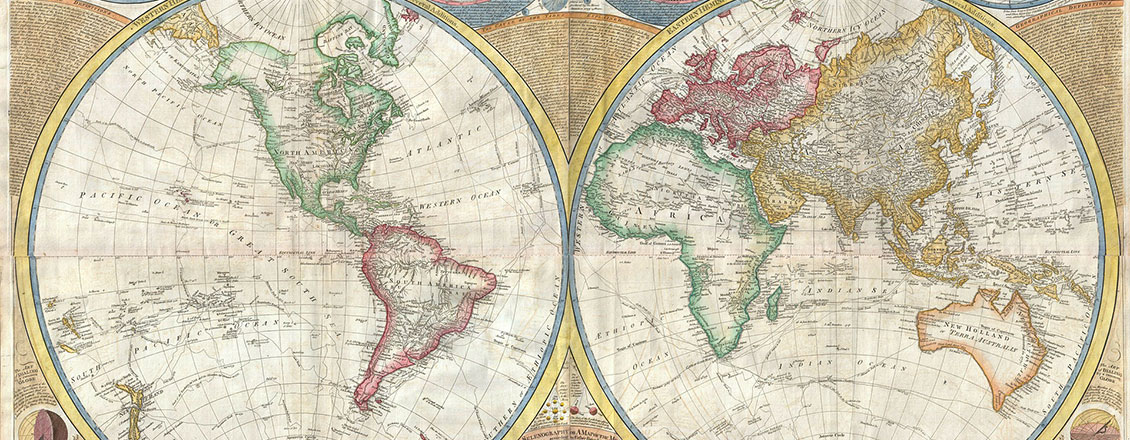
Why Study History
"The past is never dead. It's not even past." -- William Faulkner
The world around us was created by an accumulation of past events. It is impossible to understand anything, from the government of the United States to the music you listen to, without understanding at least a little about where it came from. That is why a knowledge of history has long been understood as an essential part of being a good citizen and well educated person. Knowledge of history enriches every aspect of life.
But...you probably want a job.
Many people agree with what is written above, but still worry that studying history is a mistake because the only job prospect you have is teaching. It is true that many history majors at ESU go on to teach and that our Secondary Education Social Studies Certification program is very popular. But the skills you gain from studying history are much more widely marketable than just teaching.
- "A candidate who demonstrates capabilities in critical thinking, creative problem-solving
and communication has a far greater chance of being employed today than his or her
counterpart without those skills...they are competencies that can and should be developing
through subjects like history."
- Norm Augustine, CEO of Lockheed Martin
- "Skills familiar to historians -- analysis, writing, integrity -- are what distinguish
great business leaders."
- Jack Cumming, National Continuing Care Residents Association
- "I can't imagine any course of study being more valuable"
- John Popper, former CEO and chairman of Procter & Gamble
Studying history is a process of answering difficult questions with limited information.
You have to be clever and creative in using the surviving sources to solve the problems you want to solve. You also have to argue your point persuasively enough for others to believe you. If you major in history at ESU, you will do this on your own in an original research project on a topic of your choosing. This paper is something you can take to employers as evidence that you can:
- Work independently on a major project
- Find and synthesize information on a given topic
- Think critically about problems and solve them creatively
- Communicate clearly and persuasively
Studying history can also help you stand out in the international economy by increasing your cultural competency.
Knowing something about their history makes it easier to relate to people from places like Brazil, China, Germany, India, Japan, and other global economic powers. This ability is valuable to employers who are also trying to adapt to a more global economy. Out own Dr. Christopher Brooks has written about this in "Connecting the Dots: Why a History Degree is Useful in the Business World."
People who study history go into many fields. For an extensive list, see the American Historical Association's page Careers for History Majors. To see some specific examples from ESU students, check out our alumni page. In general, the skills you gain from studying history can lead to jobs in:
- Academia
- Business
- Civil Service
- Education
- Journalism
- Law
- The Military
- Museums, National Parks, etc. (Public History)
- Publishing
Contact Us
Contact Information
- Campus Address
- Stroud Hall
- Phone:
- (570) 422-3286
- Fax:
- (570) 422-3937 (Fax)
- Title of Department Leader
- Department Chair
- Name
- Jeffrey Hardy
- E:
- jhardy@esu.edu
- Phone:
- (570) 422-3660



